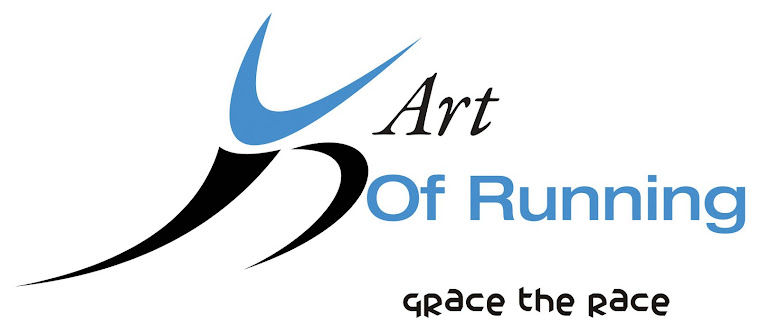I've been in the running field since for 25 years. This is
one sport that has been a contributing factor in my life. I’ve experience a lot
of set back and achievements. The most disturbing thing are injuries and not achieving
my goals after training hard. But what
has been the worrying factor since I started coaching is the mistake made buy
runners. They make the same mistake year
after year not changing anything and still complain about the same things.
We are blessed to be in the century we are living in. This
is information age. Science of training in sport have evolved so much yet a lot
of runners still train like its the 60s.(Old school outdated methods-pounding
the road and countless kilometers on the legs)
Majority of the runners believes in order for one to improve
in running you will need to spend hours and hours pounding the street, and you
need to weigh your lightest. This leads to these types of runners to experience
the same setbacks.
To enjoy your running or achieve the goals you set one need
a sound program, with the right balance of quality session, endurance and weight
or resistance training.
On the top of my list is the right base one will build by
doing Weight training or resistance training. This help to increase your muscle
mass. Which help to support you joints, cartilage and bones.
WHY IS MUSCLE MASS IMPORTANT FOR
RUNNERS?
Increase muscle mass can benefit runners in 3 ways...
Higher peak output
- in running shorter high intensity burst are needed to power over the hills. Successful
execution breaks away and win sprint. For recreational runners helps improve
running economy and break their Personal Record (PR). If you have a high peak
power you will be successful in these situations.
Lower relative muscular
effort – every continual sport movement eg (Spinning the crank on the bike
on a constant speed) requires a given amount of force from yours muscle. By increasing
the muscle strength this same force becomes a lower percentage of maximal
effort. This prolongs your endurance and running economy. This effect is the
largest in individual who are the weakest.
Reduce running injury
risk – Strong muscles are more capable of withstanding –producing force
that inevitable in running. It is a proven fact that increases muscle mass
reduce the risk of injury.
So wouldn't it be wise to start adding weight or resistance
training in your training plan. Stay tune on the ART OF RUNNING BLOG. I will be giving free exercise tips and
teaching the correct technique to execute them.

.jpg)


.jpg)






